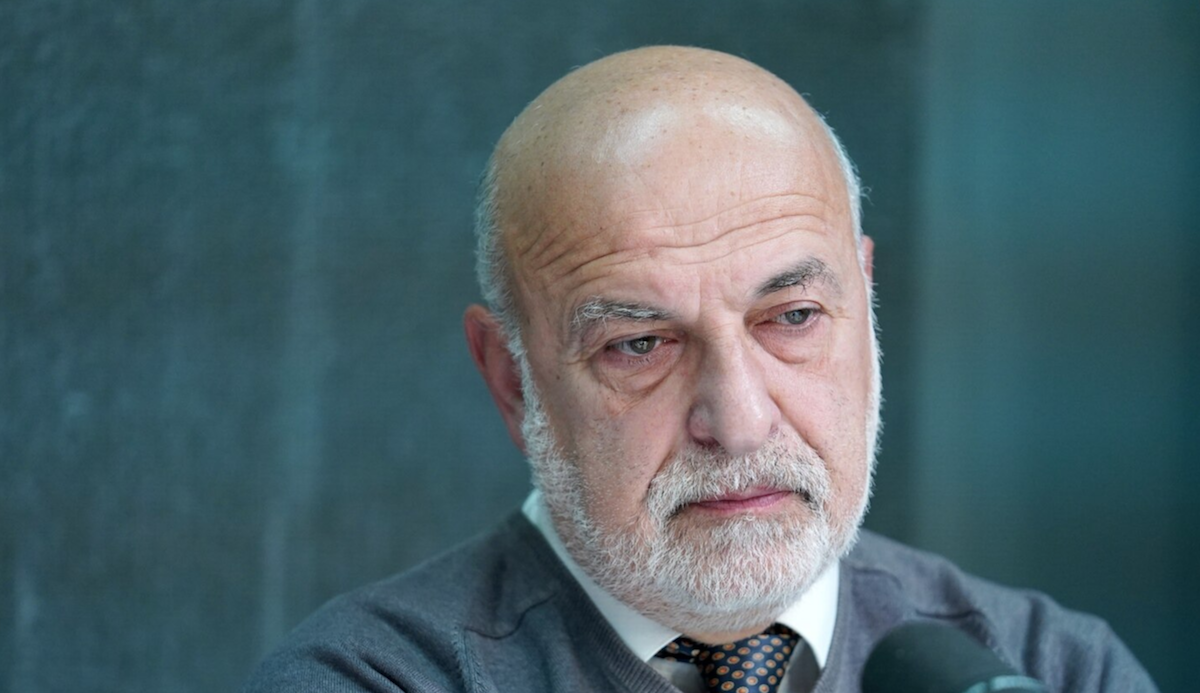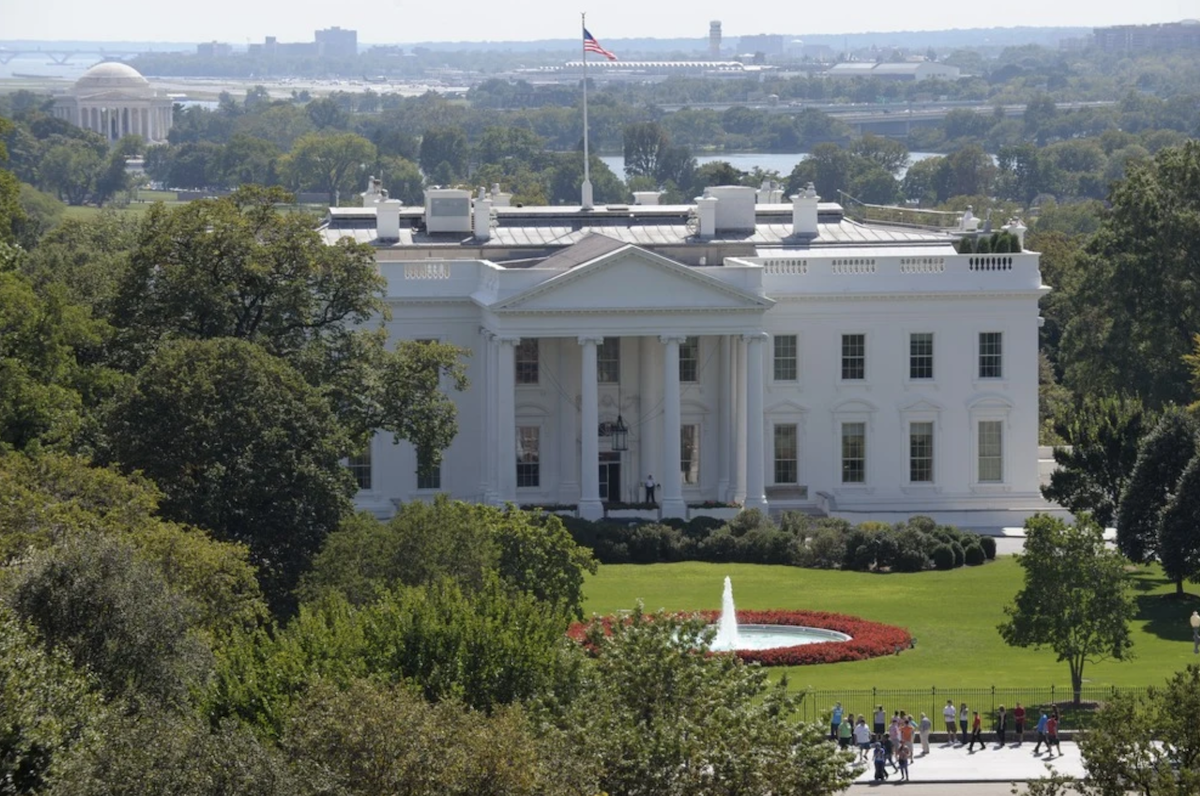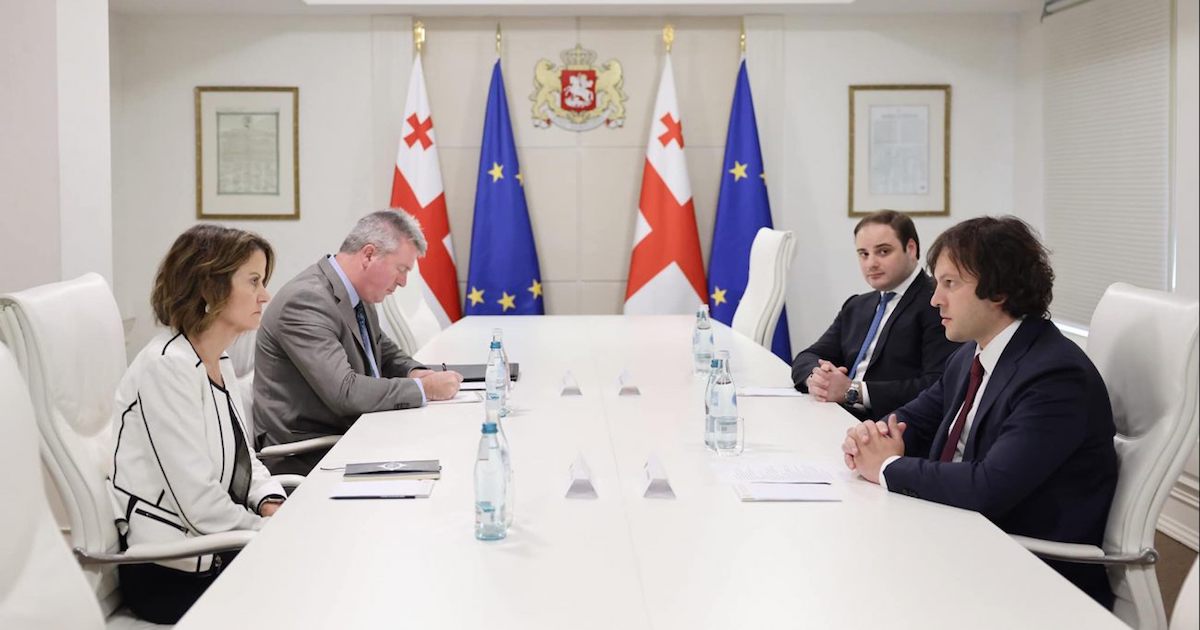
US sanctions against Ivanishvili
Georgian political analyst Valery Chechelashvili said on the program “Results” that by allowing a leak about the upcoming sanctions against Bidzina Ivanishvili, the honorary chairman of the ruling Georgian Dream party, the U.S. administration has given the Georgian government additional time to act.
According to the analyst, these sanctions are a “very serious” threat and extend beyond just Ivanishvili.
The United States has developed sanctions against Bidzina Ivanishvili and is considering implementing them soon, according to Voice of America, citing sources in the White House.
A senior U.S. government official stated that the basis for the sanctions is Executive Order 14024, which targets “individuals who undermine democratic institutions and values or are involved in international corruption.”
The U.S. officials did not specify when the sanctions would be imposed, nor whether they will be implemented before or after the parliamentary elections on October 26.
Valery Chechelashvili commented:
“By leaking information about the sanctions against Bidzina Ivanishvili, the U.S. administration is giving both Ivanishvili and Georgian Dream extra time to take action.
Was this intentional? If not, they would have simply announced the sanctions outright.
These sanctions are a very serious threat, and unfortunately, they affect more than just Ivanishvili.
Remember how patient the U.S. administration was with all of Georgian Dream’s maneuvers. Several delegations visited, warning them—don’t pass this [‘foreign agents’] law, don’t deviate from democracy, and so on. This went on for months.
Then Mr. Kobakhidze [prime minister of Georgia] was invited to speak in Washington, but he refused to go. Now, it turns out he wants to meet with U.S. officials, but they no longer want to meet him—the opportunity has passed.
U.S. government representatives visited Tbilisi, requested a meeting with Ivanishvili, but he declined. I think he regrets that now, as it’s clear he is seeking ways to communicate with the U.S. today.”
This is not a spontaneous decision, but a reflection of a well-organized policy, which is why I don’t rule out the possibility that the next round of sanctions could be announced even before the elections.
The Americans are sending an even clearer message to us, Georgians, that Georgian Dream’s promises to improve relations with Europe and the U.S. will not be fulfilled.


